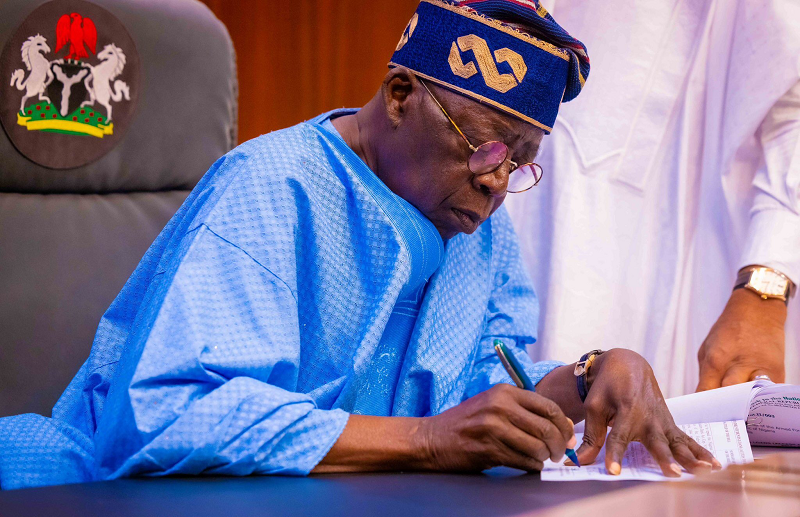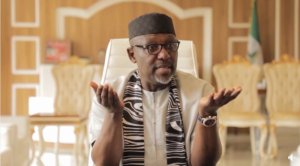
President Bola Tinubu has officially signed the new Minimum Wage Act into law, increasing Nigeria’s national minimum wage from ₦30,000 to ₦70,000. The signing ceremony took place at the State House in Abuja, attended by key figures including Senate President Godswill Akpabio and other National Assembly members.
This historic decision follows extensive negotiations between the Federal Government, labour unions, and the private sector. Initially, labour unions proposed a minimum wage of ₦494,000, while the government countered with ₦60,000. After protracted discussions, a consensus of ₦70,000 was reached on July 18.
Special Adviser to the President on Senate Matters, Basheer Lado, highlighted the significance of the new law. “The signing of the minimum wage bill by President Bola Ahmed Tinubu is a testament to his commitment to the welfare of Nigerian workers. This is a promise kept,” Lado said.
Labour unions advocated for a higher wage due to the rising cost of living, with Nigeria’s inflation rate reaching 34% in June 2024, according to the National Bureau of Statistics (NBS). The new minimum wage law, which will be reviewed every three years, aims to ensure that wages remain fair and sustainable.
In addition to the minimum wage bill, President Tinubu is set to sign the 2024 budget amendment bill on July 31. This amendment will increase the national budget from ₦28.7 trillion to ₦35.055 trillion, providing necessary funds to support the new wage structure.
Senate President Godswill Akpabio expressed his enthusiasm for the development. “Today is a significant day for Nigerian workers. We are not only doubling the minimum wage but also setting a new standard. This law ensures that no worker in Nigeria will earn less than ₦70,000, reflecting our commitment to improving living standards.”
The increase in minimum wage marks a pivotal moment in Nigeria’s labour history, underscoring the government’s dedication to enhancing the livelihoods of its citizens amid economic challenges.






Be First to Comment